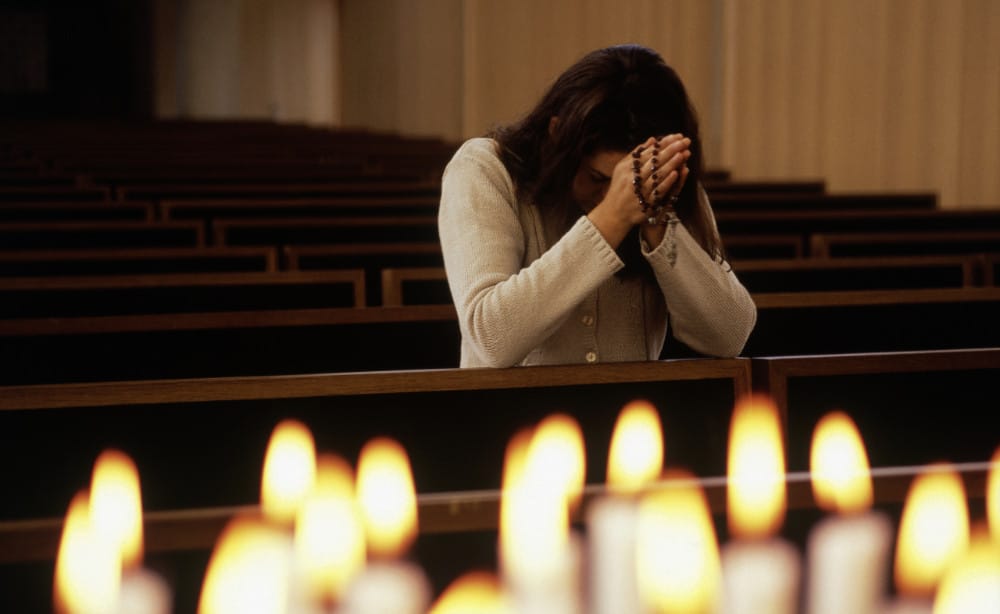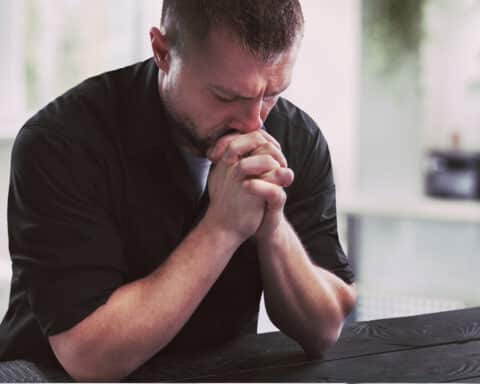
— Name, location withheld
Answer: Plenary indulgences, as the name suggests, can remit fully and completely the temporal judgment due to sin. The term “indulgence” comes from a Latin root indulgere, meaning a yielding, relaxing, tenderness or affection. Through indulgences, usually gained by works of charity, prayers or other pious actions, the extent of punishments due to sin can be lessened.
Indulgences are usually applied to the souls in purgatory but can be applied also to the living, even oneself. They are, however, difficult to obtain, as you note, since one must be in a state of grace and be free of all attachment to sin. To be free of all attachment to sin is a difficult state to attain. However, it does not mean that one should not try to gain plenary indulgences. If they are not gained, there are still the fruits of a partial indulgence that are applied.
As a kind of analogy, imagine that a charitable group is selling raffle tickets to raise money for a cause. While only a very few will win large prizes, it is still good for all participants since they are contributing to a good cause. Hence one participates in order to help, even if the chance of winning is quite low. All benefit in some way. Thus, aiming for a plenary indulgence still has benefits even if it is not fully attained.
“Attachment to sin” is similar to imperfect contrition. It is when we do not detest a sin. Rather, we avoid it or regret it more because we don’t want to be punished or suffer other ill effects from it. Nevertheless, we still have an attraction for sin. The goal is to hate sin simply because we know it displeases God and our will is one with his. If God doesn’t want it, I don’t want it. To love what is good and detest what is evil is at the heart of detachment from sin.
Purgatory and sin
Question: A priest said that someone suffering the effects of fetal alcohol syndrome and other such maladies, including being cursed/consecrated to Satan in the womb by parents involved in the occult — even lacking voluntary sin — must have these sins burned away in purgatory. I thought that only voluntarily and unrepented sin would require purgatory or consign one to hell.
— F. Grabner, via email
Answer: There are three things that pertain to sin: the object (i.e., the act itself), the intentions and the circumstances. Intentions and circumstances can affect one’s blameworthiness, but they cannot render evil acts good. Hence, when there is sin, there are always bad effects. Sin sets evil loose even if one does not intend to do something wrong or does something wrong by accident.
An unintentional car wreck that kills someone may not have been intended by the offending driver and was caused by a distraction, and the offending driver may be very sorry, but none of this makes a car wreck good or the victim “undead.”
Consider another example. Many of my parish keys look alike. One morning, in a hurry to unlock the church for Mass, I grabbed the wrong keys. My intentions were good. I wanted to grab the right keys, but I did not. I was also in a hurry and so didn’t check as carefully as usual. All that may be fine, but no amount of good intentions or excusing circumstances are going to make the wrong key open the lock.
So, sin has an objective quality, whatever the intention or circumstances. Purgatory is not merely a place of punishment due to sin; it is also a place of healing from the effects of sin, ours or another that affected us, even though forgiven. Sin weakens our will, darkens the mind, brings bad habits and leaves painful memories and hurts. We cannot take such things to heaven; it wouldn’t be heaven. Hence, purgatory would seem necessary in order to bring full healing from sin’s effects, if that was not accomplished on Earth.
Msgr. Charles Pope is the pastor of Holy Comforter-St. Cyprian in Washington, D.C., and writes for the Archdiocese of Washington, D.C. at blog.adw.org. Send questions to msgrpope@osv.com.





